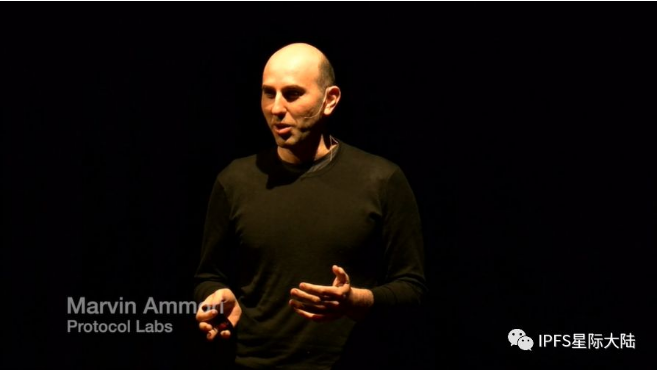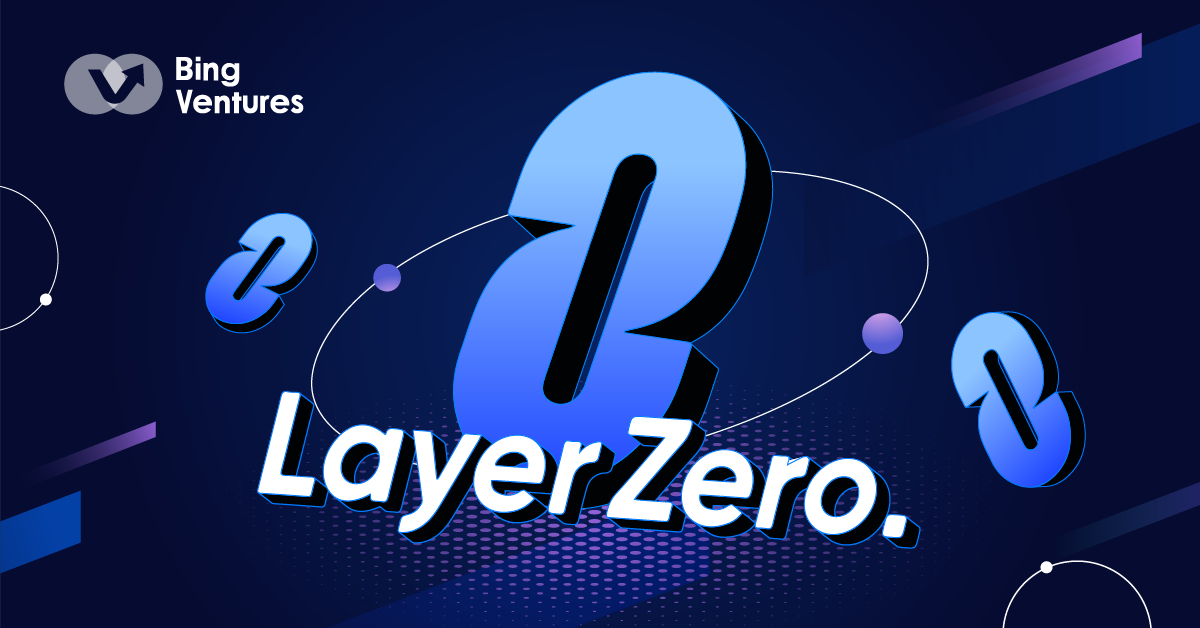Protocol Lab's latest keynote: Internet pioneers are talking about distributed networks

The idea of a distributed Internet is a topic that many early Internet pioneers are talking about, holding meetings, and exploring. For example, Tim Berners Lee, who invented the World Wide Web, has been talking about decentralized networks and has been exploring it. Vint Cerf, which also invented the Internet (Vinton Gray Cerf ForMemRS is also known as Vint Cerf, is a pioneer of the Internet in the United States and is recognized as one of the "fathers of the Internet" and enjoys this title.) A decentralized The internet.
- Data privacy black hole under the new crown epidemic: industrial crux needs to be solved by blockchain
- Listed Company Topics | The Way of Huobi Holding
- I could have: The role of the blockchain in the epidemic is called "regret"
If anyone of you is watching Silicon Valley on HBO, you've heard of Richard Piped CEO Richard Piper-who has been talking about the decentralized Internet for years. At the premiere this Sunday, he will continue to talk about the centralized Internet. His example is that we have mobile phones in our pockets. If we create a huge network that will liberate everyone from the tech giants, the How to do?
Now, several giant companies have recently begun to rule the Internet we know and love. They do this primarily for companies that control our data. This is how they can use, control our data and control the internet.
On Facebook, they know who your friends are, your siblings, your birthday, and they know that there is a like button on every website you visit. They own all this data and use it like Google to create your profile and sell ads.
Amazon controls another type of data. Amazon owns a product called Amazon Web Services, which is almost the dominant cloud provider on the Internet. Buying it from Amazon Web Services has about 40% market share on Google Cloud, while others are a little behind.
So you want to know why Jeff Bezos is the richest man in the world, it's because of AWS, not because of the paper towels you bought from Amazon.
As we grow and the Internet's focus on artificial intelligence and machine learning, data will become more important. Data is the driving force behind all these algorithms.
There is a recent book called "Nine Algorithms," and there is a debate that nine companies will dominate artificial intelligence, three of which are in China and six are in the United States. That's because they have all the data. So for the first time in the history of the Internet, we know who will dominate the Internet of tomorrow because they will dominate the Internet of today. That's because they are controlling the data. They are playing according to today's rules, and they are doing well.
You will see that when you go from carpooling to Uber, think about how many people are willing to drive to Uber because we get paid for it, or Airbnb is surfing relative to the sofa.
Now, Bitcoin is an example of a financial transaction, but other organizations are trying to use cryptocurrencies to build open source Internet infrastructure, and one of my favorite examples is real-time peering. It helps your computer to encode video over decentralized network.
So I either go to Amazon or move in and say hey can you guys help me with video encoding? You can be sure that the videos I want to stream over the Internet will work on every Android device, every iPhone and every browser, and do you know that I paid a lot of money?
Or you can both download real-time peer devices, where you can use your computing power. I can pay you and let you solve this problem in your field peers, even smaller or larger participants can enter and exit the network, and it is completely open, with open protocols and open source.
All of these things are correct, you can use cryptocurrencies and open source software to build the entire stack for the new internet, so you can video encode through real-time peers, and you can use many computing platforms such as EOS and Ethereum There is an Internet advertising exchange called Basic Attention Token, which was invented by an executive at Mozilla. These are a whole set … then you will get decentralized file storage, which my company is trying to build.
So you have a complete stack in which you can provide open services based on incentives rather than company commands and controls. Most of these projects are inspired by cryptocurrency, but they are also open source, so most of you may now be very familiar with open source projects. They are software, usually no one owns a copyright or patent, and can use anyone You can copy and paste them to make them use them and contribute to them, and much of the basic infrastructure of the Internet is open source.
Our investors include Sequoia and Reessen Horowitz, Union Square Ventures, many mature venture capitalists, and their Investing in all aspects is very interesting. They are people who invest in the existing network. What Filecoin can do is that you can provide people with storage space on other hard disk space.
You may see the amount of data we are creating, millions of petabytes of data, which is a huge number, and still about half of the storage space is left in someone's basement or left idle on the data server.
If you can take advantage of all this capacity and put it on the Internet, you can reduce storage costs and compete more with large enterprises for all marketing than small businesses that can't really afford it. So Filecoin is a cryptocurrency that provides a huge market for data storage. Yes, you can earn Filecoin by hosting files, etc.
Article source: https://www.thelawlabchannel.com/marvin-ammori-a-new-internet-how-cryptocurrencies-will-power-the-decentralized-web
Video translation: Intercontinental
We will continue to update Blocking; if you have any questions or suggestions, please contact us!
Was this article helpful?
93 out of 132 found this helpful
Related articles
- Depth | Application Guide for Blockchain Wars
- Community, DAO, DeFi, this conference changed my view of the crypto world
- Perspectives | Issues exposed by the epidemic will become new business opportunities
- France and Austria jointly develop new blockchain forensics tools to help users conduct due diligence
- Video: Insight into the major changes in financial infrastructure in the next 10 years (Part 2)
- As the epidemic is drawing to a close, we have a reflection on the digital system
- Why is the central bank's blockchain patent ranked first in the world's central bank?






